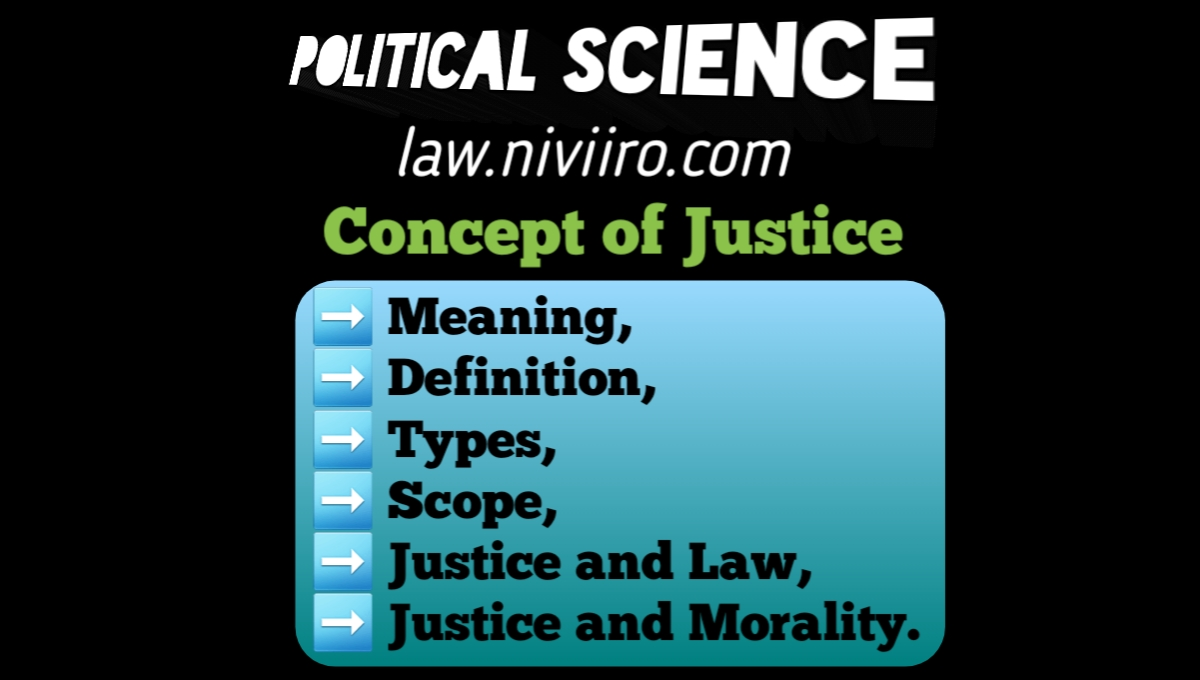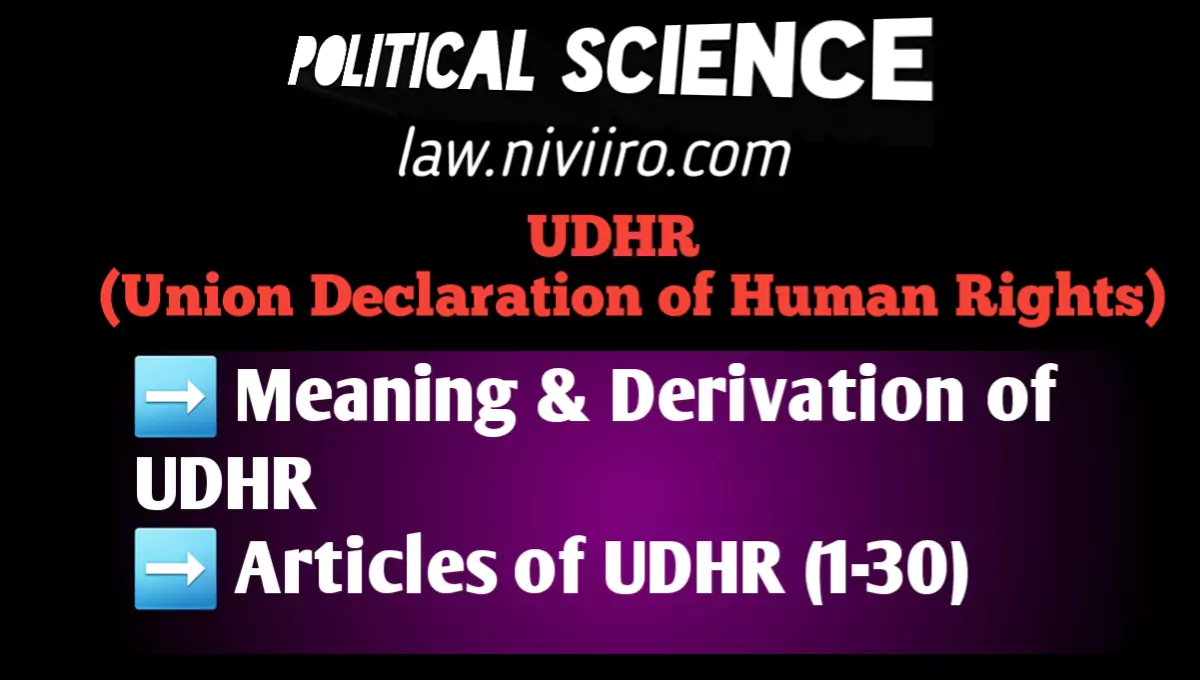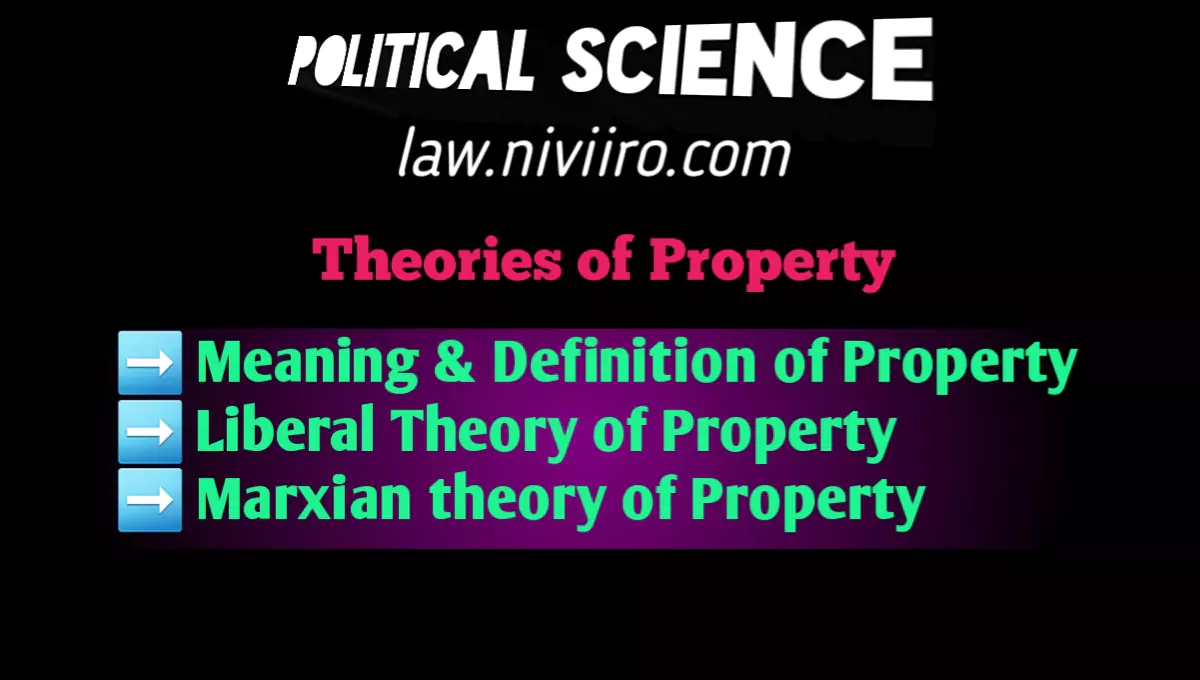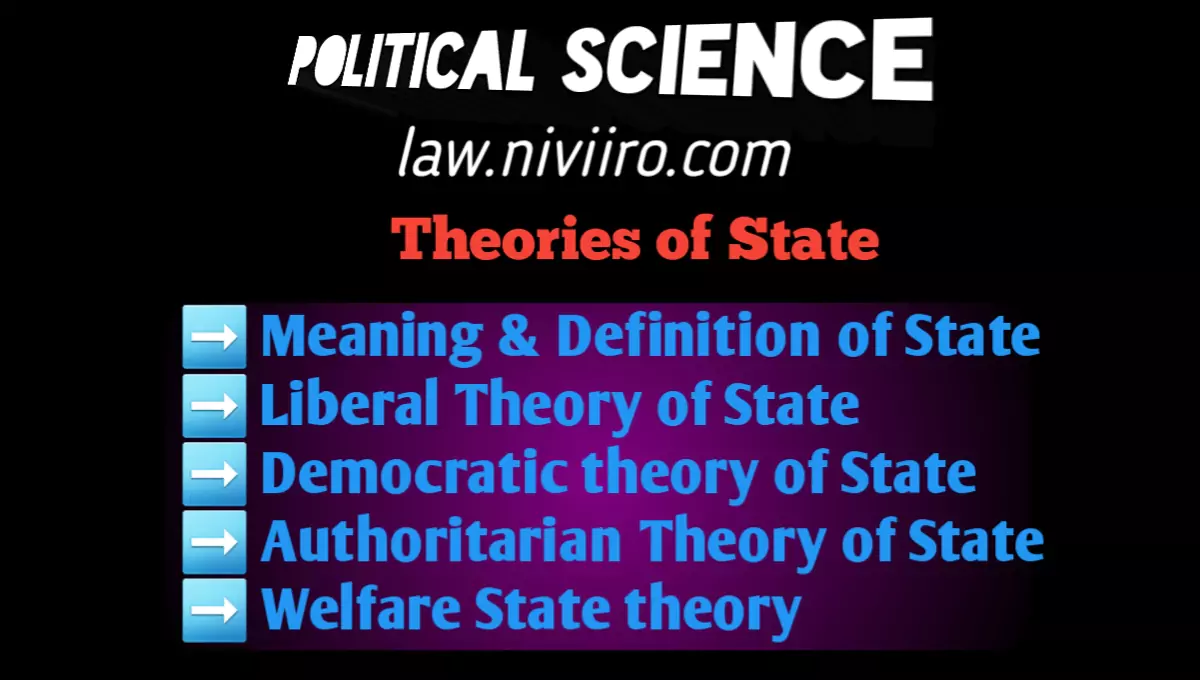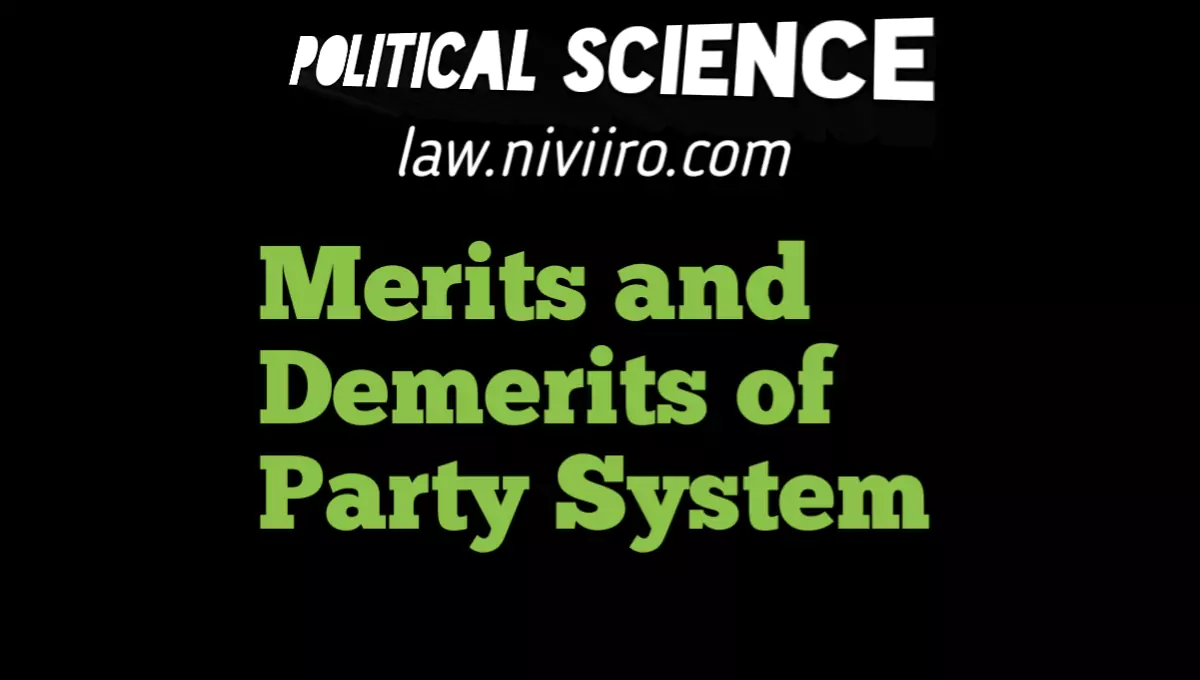One cannot imagine the existence of a state or society in the absence of justice. God’s voice is justice. This paradigm has been altered by democracy and socialism. In the modern world, the problem of justice is concerned with determining rational standards for the allocation of products, services, opportunities, honours, and obligations in society, particularly in a scarcity situation.
Justice is the primary responsibility of the state, and judicial administration is an urgent need in this day and age. Previously, judicial administration was the personal duty of each individual, which is why might was right was prevalent and each man did justice by exacting vengeance on those who harmed him.
Later, monetary remuneration for the system began to emerge. Gradually, society established a system for penalising criminals. Several religious traditions were also safeguarded in order to reduce crime in society. However, as society and the state evolved and developed, the state assumed responsibility for judicial administration. The state employs power to ensure the administration’s success. Public opinion, political parties, pressure groups, and so on all play a role in judicial administration.
The legislature establishes the standard of justice, the judiciary renders justice on that basis, and the executive enforces the verdicts of the judiciary.
Meaning & Definition of Justice
The English term ‘justice’ is derived from the Latin word ‘justitia or jus,’ which literally means ‘to bind, to contract,’ or to bring cohesion among diverse classes and individuals in society. Plato described justice as one of the functional specialisations in his work ‘Republic’. If a person completed his obligations for which he was well trained, he would render justice. He held justice to be the highest virtue.
- For Aristotle, justice consisted in the fulfillment of one’s moral duties towards community. Thomas Aquinas has the credit of separating justice from religion for the first time.Different religions have also postulated the idea of justice.
- According to Salmond, “Justice means provide everyone his share.”
- According to Plato, Justice is a quality. In simple words the meaning of justice is to discharge one’s duties honestly and not to interfere in other actions.
Kinds or Types of Justice
following are the types of justice :
Moral justice
Moral justice is often referred to as natural justice. Moral fairness is living life according to universal and inflexible natural principles and rights. Morality encompasses more than justification.
Legal Justice
The state recognises it. Courts continue to administer and distribute this form of justice. It is solely relevant within the state.
It is widely used in two contexts :
a) Justice according to law (formal justice)– Here, we do not focus on the legality of the law, but rather on the principles of administering justice in accordance with the applicable legislation; &
b) Law according to justice – In this section, we examine the substance of the law to ensure that it meets the requirements of justice.
Law will be most effective if it conforms to the principle of justice and also has the authority of the state. Law should embody human values according to the prevailing social consciousness.
Public Justice
When individuals or groups file complaints in the courts and the courts render a verdict, this is referred to as public justice.
Private Justice
It establishes a person’s relationship with another. For example, if someone takes out a loan, it is a case of private justice; yet, if that person refuses to pay the amount, it is a matter of public justice, and the individual may go to court to recover the debt. What is deduced here is that private justice is an end in itself, and public justice is a means to that end.
Social Justice
The presence of all those situations that are necessary for social wellbeing is referred to as social justice. There should be no discrimination based on gender, race, colour, caste, creed, religion, or other factors. Social justice is also known as social equality. No one in society should be given preferential treatment. Social justice is feasible when one man is not exploited by another and when the privileges of a few are not built on the misery of many.
In a broader sense, it entails reorganising social life so that the material and moral fruits of social work are not monopolised by a small privileged few, but instead accrue to the masses to secure the uplift of the poorer, weaker, and underprivileged sectors.
Economic justice
it is a component of social justice. Economic justice is another name for economic equality. It necessitates a more equitable distribution of income and wealth.
There are various perspectives on economic justice.
Liberal thinkers believe that the needs of economic justice are met if the poor are provided with certain state social services and income disparities are decreased through progressive taxation by the state. Marxist theorists believe that economic justice can be achieved only by abolishing private property and ending capitalist exploitation.
Political Equality
It entails equal involvement of everyone in state functions and the guarantee of equal political rights to all. The establishment of political justice is the most essential goal of the state. Individuals are granted certain liberties, and circumstances are created to allow citizens to appropriately exercise those liberties. Political justice holds that people are the ultimate source of political power. Only a democratic system can guarantee it.
A constitutional government is also necessary for political fairness. It also allows you to criticise the government and its policies.
Procedural Justice
It is required to establish a just procedure for allocating societal advantages, such as products and services, opportunities and benefits, power and honours; the outcome will then be naturally regarded as just. This concept is closely associated with liberalism.
The function of justice is to govern the interactions of individuals and groups. Contract freedom is the bedrock of procedural fairness. It requires the state to ensure that no individual or organisation uses force or fraud to oppress another. Herbert Spencer, Milton Friedman, and others are proponents of procedural justice. It rejects any distinctions between humans and recognises everyone’s equal dignity and moral worth.
As a result, it’s a forward-thinking concept. Spencer went so far as to declare that the state should not provide assistance to the weak since doing so would deprive the capable of their fair share, so obstructing social progress. Friedman praised competitive capitalism as a necessary prerequisite of liberty and advocated for the government to withdraw from all welfare duties.
Substantive Justice
According to this, the major issue is the allocation or distribution of social benefits among diverse groups of society, and the mechanism for making such allocation is a secondary issue that can be altered to fulfil the needs of just distribution. It corresponds to socialism’s philosophy.
It believes that the test of justice in society is whether the impoverished and underprivileged have appropriate opportunities to improve their lot. It necessitates that self-development opportunities be offered to the underprivileged segments of society.
Retributive Justice
It is primarily concerned with determining punishment for a crime.
Distributive Justice
It is concerned with the allocation of benefits and burdens according to our notion of justice. David Miller has identified three criteria which are usually invoked to determine the principles of distributive justice:
a) Protection of acknowledged rights;
b) Distribution according to desert; and
c) Distribution according to need
The first criteria creates a hierarchical order. In this system people have different positions or ranks depending on how important they are. The very demand for the protection of existing rights and the maintenance of existing ranks implies the denial of any relief to underprivileged sections.
Responsive Justice
The second criterion supports the market society system by allocating one’s share of social benefits based on one’s contribution to the common good. It allows private property owners to grow their riches by hiring the working classes’ physical and mental capacities at competitive rates.
Distributive Justice
The third criterion is only attainable in reality when commodities and services are plentiful, which is a hypothetical circumstance. If it is used in a time of scarcity, it will prevent talented people from giving their all to society.
Scope of Justice
In a fully authoritarian, strictly competitive, or purely communist regime, the pursuit for justice will be irrelevant. All allocation will be done according to the dictates of an established authority in a totally authoritarian society, whether traditional or modern. As a result, no new allocation criteria are required. In a totally competitive economy, unfettered market forces determine every allocation. As a result, new allocation criteria are not required.
The rule of allocation according to necessity is followed under the communist system. If everyone’s needs could be addressed, there would be no need for justice. In a scarcity-stricken open society, justice will be required. Justice will be necessary where there is widespread demand for social benefits that are in short supply, and the rules for allocating these benefits may be freely debated and adopted. All individuals should be able to agree on the criteria. Within the system, appropriate routes of appeal and protest should be given so that criteria can be amended.
Justice & Law
1) The ultimate purpose of law is the attainment of justice; justice is the end result.
2) The state creates the law, but justice exists above and apart from the state.
3) While the law may differ from one government system to the next, the underlying character of justice remains the same regardless of the type of government structure in place.
Justice & Morality
1) Morality is individualistic in nature and is concerned with human behaviour, but justice is inherent in both the state and the individual, thus it is both personal and public.
2) While morality emphasises intention, justice encompasses all dimensions of the state and individual.
3) Morality is outside the jurisdiction of the state and cannot be translated into practise because it is totally dependent on individual behaviour. However, justice can be enforced by state courts of law.
4) While morality is an ideal, justice is a reality.
5) The state cannot take any action if morality is violated, but if justice is violated, there are courts to take the necessary steps.
Related Post
Definition of Justice ?
According to Salmond, “Justice means provide everyone his share.”
According to Plato, Justice is a quality. In simple words the meaning of justice is to discharge one’s duties honestly and not to interfere in other actions.
Moral justice means ?
Moral justice is often referred to as natural justice. Moral fairness is living life according to universal and inflexible natural principles and rights. Morality encompasses more than justification.
Meaning of Legal Justice ?
The state recognises it. Courts continue to administer and distribute this form of justice. It is solely relevant within the state.
what do you mean by Public Justice ?
When individuals or groups file complaints in the courts and the courts render a verdict, this is referred to as public justice.
Private Justice means ?
It establishes a person’s relationship with another. For example, if someone takes out a loan, it is a case of private justice; yet, if that person refuses to pay the amount, it is a matter of public justice, and the individual may go to court to recover the debt. What is deduced here is that private justice is an end in itself, and public justice is a means to that end.
Meaning of Social Justice ?
The presence of all those situations that are necessary for social wellbeing is referred to as social justice.
What is Economic justice ?
Economic justice is another name for economic equality. It necessitates a more equitable distribution of income and wealth.
Relation between Justice & Law ?
1) The ultimate purpose of law is the attainment of justice; justice is the end result.
2) The state creates the law, but justice exists above and apart from the state.
3) While the law may differ from one government system to the next, the underlying character of justice remains the same regardless of the type of government structure in place.
Relation between Justice & Morality ?
1) Morality is individualistic in nature and is concerned with human behaviour, but justice is inherent in both the state and the individual, thus it is both personal and public.
2) While morality emphasises intention, justice encompasses all dimensions of the state and individual.
3) Morality is outside the jurisdiction of the state and cannot be translated into practise because it is totally dependent on individual behaviour. However, justice can be enforced by state courts of law……..
References
- Prof. S.L. Verma, Modern Political Theory
- R.C. Agarwal, Political Theory
- Prof. H.C. Verma, Modern Political Theory
- M.P. Jain, Political Theory liberal and Marxiam
- V.D. Mahajan, Political Theory
- Foundations of Political Science, Dr. Sunita Gangwal
- J.C. Johari, Political Science













